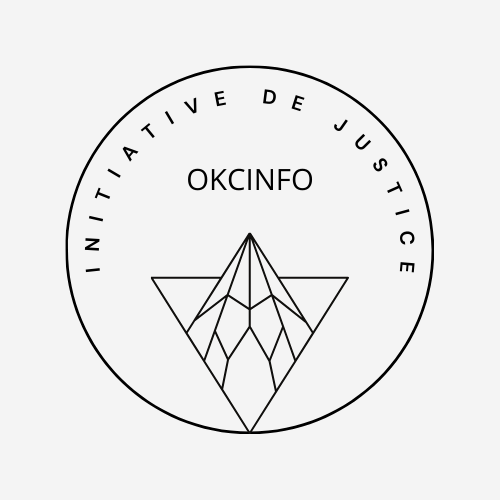23 victims had filed civil claims for rape, sexual assault and financial crimes. The public prosecutor, the first judge and a judicial expert take it for their rank.
Would it be good to live in Belgium for cults? Two and a half years after the spectacular end of the Scientology trial in Brussels, the OKC Buddhist sect’s trial ended on Tuesday morning in the same way: a fiasco.
On the front line, as defense counsel in these two of the thickest cases known in the country in recent years, Ms. Quentin Wauters, counsel for Guru Robert Spatz, said he was “relieved that the Court of Appeal is enforcing the rules of the rule of law when the entire proceedings have been violated. Every citizen must be satisfied with it. Laurent Kennes, who defends companies linked to the OKC, welcomes “a very good ruling”.
 Beautiful and severe: on Tuesday, the first president of the Brussels Court of Appeal, Luc Maes, delivered a particularly cruel judgment against three characters, the judicial expert Bruno Morselli, Judge Jean-Luc Vander Goten and the deputy prosecutor of King Thibaut Radar. He concluded by saying: “Respect for the right to a fair trial has been irreparably damaged by multiple and diverse violations of the presumption of innocence and reasonable time. “During the summary of the judgment, read for 1h30 by Mr Maes, there was no mention once of the victims who now find themselves deprived, 21 years after the case began.
Beautiful and severe: on Tuesday, the first president of the Brussels Court of Appeal, Luc Maes, delivered a particularly cruel judgment against three characters, the judicial expert Bruno Morselli, Judge Jean-Luc Vander Goten and the deputy prosecutor of King Thibaut Radar. He concluded by saying: “Respect for the right to a fair trial has been irreparably damaged by multiple and diverse violations of the presumption of innocence and reasonable time. “During the summary of the judgment, read for 1h30 by Mr Maes, there was no mention once of the victims who now find themselves deprived, 21 years after the case began.
“Failure to exercise the duty of independence”
OKC (Ogyen Kunzang Chöling) was founded in 1972 by the then 28-year-old Belgian Robert Spatz. Dozens of families have lived in properties in Brussels, southern France and Portugal, in a quasi-autarcy.
And so dozens of children were born in this context, knowing nothing about the outside world until they came of age. About ten facts of sexual abuses were reported.
At the end of the 1990s, the Belgian and French courts became interested in the phenomenon and seized a whole series of assets.
But the case quickly took a turn for the worse with the first of the four serious offenses identified by the Court of Appeal. The legal expert in charge of the investigation into the cult’s accounts, Bruno Morselli, produced ten reports filled with “personal feelings”. He “failed in his duty of independence and impartiality and took on the role of investigator, even judge,” the court accused the court. As a result, “no evidence of guilt can be drawn from his work”.
“Hijacked” criminal procedure
The second serious offense was committed in 2006 when the prosecutor Thibaut Radar, in charge of the prosecution, launched new searches on OKC properties, “under the cover of a social inspection investigation (…). It is knowingly that the King’s Prosecutor violated his duty of loyalty by “secretly misappropriating criminal proceedings”, President Maes said.
The third serious offense, still attributed to the public prosecutor, was committed at the end of 2015 when the Radar substitute sent a letter to all the alleged victims, offering them the opportunity to file a civil suit and have access to the file. “The prosecution exceeded its functions by sending this letter,” the court asserts, allowing “leaks on social networks,” which have “considerably reduced the evidence.
The last stage of the rocket to the fiasco: the trial at first instance during which some twenty new victims appeared and were heard while the president of the court, Jean-Luc Vander Goten, prohibited any questioning of the defense and the public prosecutor.
“By systematically refusing in principle the right to ask any questions, the first judge violated the principle of adversarial debate and the rights of the defense were amputated,” President Maes concluded. Close the ban.
Home-made translation of this LeSoir article by Octave Morel
